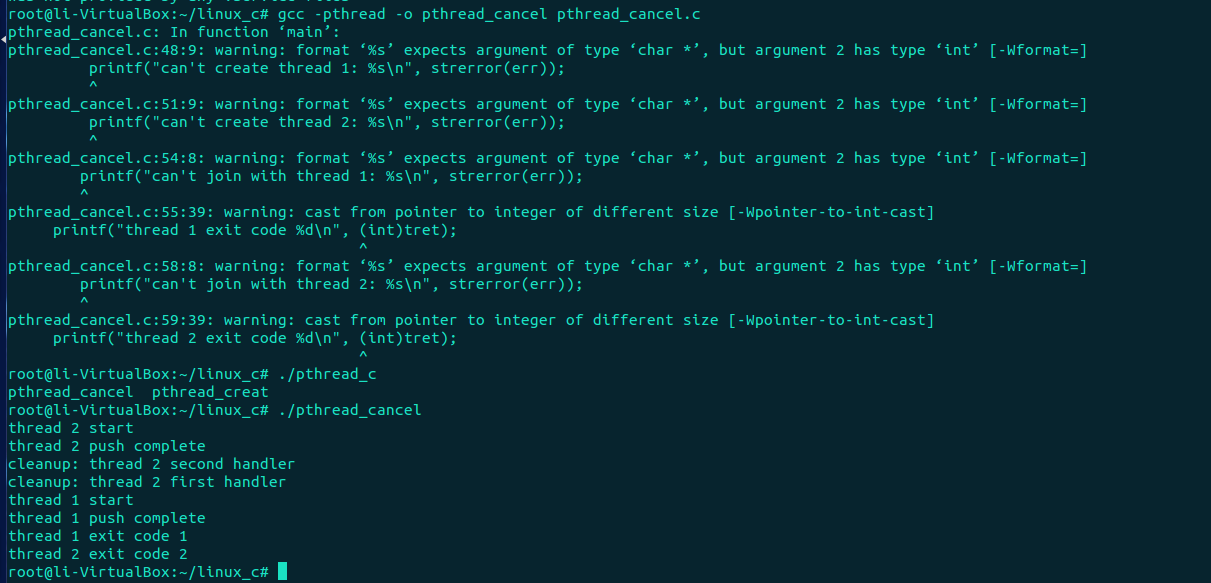
Pearson collects name, contact information and other information specified on the entry form for the contest or drawing to conduct the contest or drawing.

Occasionally, we may sponsor a contest or drawing. Pearson collects information requested in the survey questions and uses the information to evaluate, support, maintain and improve products, services or sites, develop new products and services, conduct educational research and for other purposes specified in the survey. Pearson may offer opportunities to provide feedback or participate in surveys, including surveys evaluating Pearson products, services or sites. We use this information to complete transactions, fulfill orders, communicate with individuals placing orders or visiting the online store, and for related purposes. Online Storeįor orders and purchases placed through our online store on this site, we collect order details, name, institution name and address (if applicable), email address, phone number, shipping and billing addresses, credit/debit card information, shipping options and any instructions. We use this information to address the inquiry and respond to the question. To conduct business and deliver products and services, Pearson collects and uses personal information in several ways in connection with this site, including: Questions and Inquiriesįor inquiries and questions, we collect the inquiry or question, together with name, contact details (email address, phone number and mailing address) and any other additional information voluntarily submitted to us through a Contact Us form or an email. Please note that other Pearson websites and online products and services have their own separate privacy policies.

This privacy notice provides an overview of our commitment to privacy and describes how we collect, protect, use and share personal information collected through this site. In real life this would be complicated by the fact that cancellationĬould occur before the mutex was grabbed.Pearson Education, Inc., 221 River Street, Hoboken, New Jersey 07030, (Pearson) presents this site to provide information about products and services that can be purchased through this site. Would have a cancellation handler to release the mutex. True whatever the type of cancellation is. My guess is (since the stack traces are the same) that this hold

Nal that may be directed concurrently at the condition vari-Īble if there are other threads blocked on the condition Pthread_cond_timedwait() does not consume any condition sig. Mutex is re-acquired before calling the first cancellationĪ thread that has been unblocked because it has been can-Ĭeled while blocked in a call to pthread_cond_wait() or Set to PTHREAD_CANCEL_DEFERRED, a side effect of acting uponĪ cancellation request while in a condition wait is that the When the cancelability enable state of a thread is Maybe the cancelled thread should unlock by itself if it has a lock.Ī condition wait (whether timed or not) is a cancellation Add pthread_mutex_unlock() before pthread_join():
Join and cancel pthread c code#
I tested the code on both Sparc/solaris10 and linux and both platforms have the same issue. Threads 2, 3, 4 all were being blocked on pthread_cond_wait() before being cancelled, and pthread_cond_wait() is a cancellation point. I am wondering why pthread_cancel() can successfully cancel the thread with thread id 2, but it can not cancel the threads with thread id 3 and 4. Main thread is blocked by pthread_join() for the thread with thread id 3. Printf("join = %d\n", pthread_join(tid, NULL)) Printf("cancel = %d\n", pthread_cancel(tid))

Pthread_setcanceltype(PTHREAD_CANCEL_ASYNCHRONOUS, NULL) Pthread_mutex_t mutex = PTHREAD_MUTEX_INITIALIZER Pthread_cond_t cond = PTHREAD_COND_INITIALIZER


 0 kommentar(er)
0 kommentar(er)
